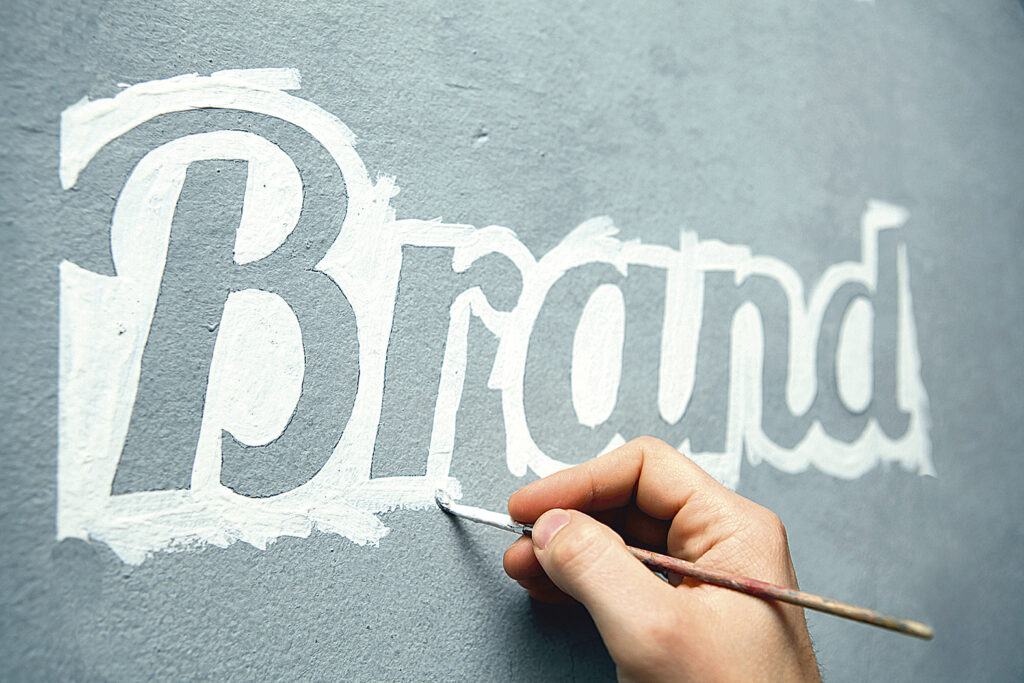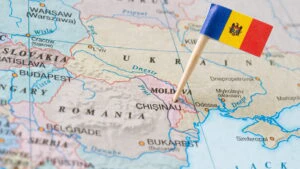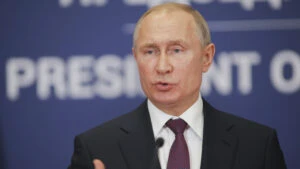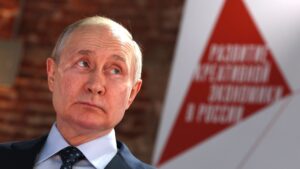On September 13 2014, Romtelecom and Cosmote ceased to exist. Two of the major players on the Romanian market have been replaced with the (so far) neutral Telekom. A campaign with costs due to climb up to 15 million euros should turn the new name into a more familiar one for the local market. Although it may seem like a difficult task for the time being, how many of us can still recall that between 1998 and 2005, Cosmote was called Cosmorom? Or, to stick to the same industry, who remembers that up until 2005 Vodafone was Connex? Or that Orange was called Dialog? Rebranding is a part of a brand's life, it's a natural process and in many instances, quite advisable. There have been lots of studies carried out on very diverse markets showing that – at least on a medium term- in most cases changing the name or at least the logo or the slogan of the company leads to a boost of consumer confidence. And consequently, to an increase in sales.
Brands disappear, businesses continue to exist
In the past years, Romanians have witnessed countless changes as to the name and image of major brands. Changes were in many instances brought about by the takeover of those respective brands by other companies and most of the times they proven neutral, if not beneficial. Such is the case of Real Supermarkets, which recently became Auchan, the many Plus supermarkets now part of the Lidl network, or the Bricostore shops, slowly turning into BricoDepot. Add to that list the Bucuresti Hotel (now part of Radisson SAS), Emporiki Bank, now Credit Agricole, but also the RIB Bank, transformed into Idea Bank.
It all happened after purchasing contracts of several hundreds of million euros.
In other situations, rebranding was a signal to consumers that the brand is entering a new chapter (either an increase in the quality of services or an expansion or more specialized services). Such is the case of CEC, turned into CEC Bank, because, although it offered services similar to other banks, it was not perceived as such until 2005. Or the Antena 2 tv station, replaced by the more specific Antena Stars. Or the Elite coffee, upgraded to the premium Doncafe, after a rebranding process which took a year and a half and cost around 15 million euros.
Missing the target
Not all decisions to change a brand are inspired, though. For the time being at least. The first year after the switch to Doncafe brought about a decrease of the market share and modest sales increases for the brand owners. Considering that 2009 was the first crisis year, it is hard to tell how much of that evolution was due to rebranding and how much to the economic strife.
In Romania, for instance, the decision to change the name of the mercador.ro website was highly criticized, especially when it came briefly after an advertising campaign (you may have heard the "Place an announcement on Mercador and you will find a buyer" ad) which seemed to have been impactful. The change was made effective by the South-African owners, and the new name – OLX – (read "oleix") was simultaneously imposed in other countries in the region as well – Bulgaria, Hungary, Belarus or Poland. "The rebranding process will take place gradually, and for a while the brands will function simultaneously. We shall invest as much as necessary in TV, radio and online campaigns", said Cristina Gheorghitoiu, business manager for olx.ro.
The campaigns did take place and the new name did acquire a certain degree of awareness. Which did not stop many commenters from saying that the decision to change to OLX was an epic failure.
Another controversial decision was the change of the chocolate brand name from Finetti to Fineti. Unnoticeable to many, it did trigger negative comments too. Some consumers thought they were dealing with pirate products (the Adibas kind) and there are stories on the Internet that people threw away their chocolate boxes or issued complaints when they noticed the missing letter.
Expensive failures
Stories of such unsuccessful rebranding processes come from abroad as well. According to the US press, after its involvement in a scandal related to human rights violation in Iraq, the private military services company Blackwater changed its name into Xe Services in 2009. But to no avail, according to the American media analysts, as the audience continued to use the former name. A new brand change came in 2011, after the company was sold to its founder. It is now called Academi, but it certainly hasn't managed to escape the ghosts of the past. Another such example is the switch from Overstock.com to O.co, in June 2011. Three months later, though, facing the negative effects of the rebranding, the managers decided to go back to the old name. But not before signing a multi-million dollars contract, valid for six years, whereby an Oakland stadium would be called O.co.
The same list features the decision of Pizza Hut a few years ago to turn into The Hut (discarded by managers, in the face of negative reactions from the market), or the 2009 decision of the electronic products stores network Radioshack to switch to The Shack, for which a large amount of the advertising budget was spent (around 200 million dollars that year). In the meanwhile, they switched back to the 92-year-old name. The Sears Tower building in Chicago (for a while the tallest building in the world) has recently become the Willis Tower, name taken after its most prominent tenant, the Willis Holdings.
The change was not welcomed by the inhabitants of the Windy City, but that did not change the owners minds.
Expectations
Aside from these successes or failures, there are some other moves which, according to some specialists, should be made as soon as possible. A name that comes up every so often is Malaysia Airlines. After being in the spotlight with two major and extremely unusual accidents, the Asian airline had better alter their image, as the experts agree. Some suggest slight adjustments and a well-designed advertising campaign, others would go for a total change of name and logo. A good example is the valuJet low cost American operator, which rebranded to AirTran after a series of safety issues, topped off by a fatal accident in 1996. The company continued to operate under the new name until 2011, when it merged with Southwest Airlines.
There are some Romanian brands as well which should consider giving up their old names, as an expert told us. "Generally, we speak of companies which had some kind of trouble with the law, either directly or indirectly, whether they provided poor services or products, or they were in some way involved in lawsuits. The recent scandals in which companies like Siveco or Tehnologica Radion were involved, according to prosecutors, in cases of tax evasion, but also older cases, such as Romstrade, Carpatica Group or Polisano should have indicated a straight path to rebranding", he explained. Since nothing happens, we have a pretty good indicator of how mature the business environment is at this stage.
15 million euros is the estimated total cost of rebranding Cosmote and Romtelecom into Telekom, six years after Deutsche Telekom has indirectly become the main shareholder of the two companies.
1.1 billion dollars paid the French from Auchan to Germans from Metro for 91 Real shops in Russia, Poland, Ukraine and Romania. In Romania, 20 of the 24 shops were bought out.







